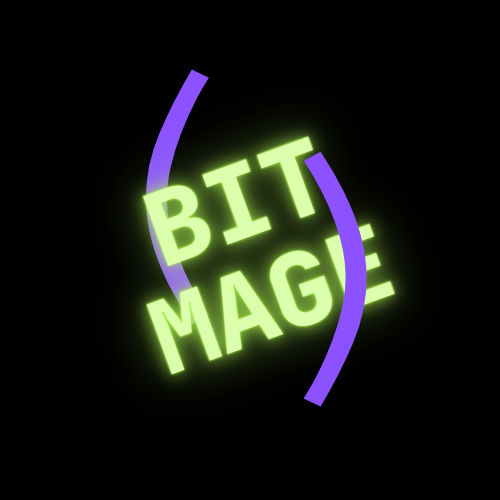IKN0X224C: Epistemological Polyglotism
check out what an IKN0x means here
Understanding different languages can open up one’s mind towards different cultures.
The evolution of languages over centuries and common ancestors there-of over millenia indicates the evolution of cultural complexity.
The Conventional Take
I grew up actively conversing in 4 languages: English, Hindi, Marathi and Gujrati. French was my first romance language I was exposed to for over 8 years (I say exposed as was learning this academically as a third language and didn’t use this as a “natural” language as much as the others).
I’ve dabbled a little in Latin and Greek in my junior year of my bachelors (dabbled ~ read an introductory book) and am currently getting into sanskrit to read up on some ancient indian literature in the close future.
Although these, of course, grant me quite the customized perspective of the world as every polyglot personally hones, they’re not the most influential languages that I’ve come across to influence my life.
Rather than being a device of communication, I see languages more as a means to understand a way of thought.
The Meta
first implicitly learned about grammar, phonetics, and the likes when a toddler, thus conveying my needs efficiently, increasing my likelihood of survival in the longer run.
first picked up calculus when 14 to better understand physical phenomena and consequently was able to have sophisticated musings on my school commutes.
first explored lambda calculus in my sophomore year of college (don’t know when started thinking procedurally (think all humans pick it up intuitively over a longer duration when relatively younger)) and could then begin understanding some of the more involved aspects of programming language theory and experiment with some myself.
soon actively delved into the world of symbolic algebra (via Lisp), enabling intense sequences of dreams laden with sexprs.
These are some of the self-initiated pursuits of mine that led to an immediate bump in the quality of my thoughts.
I consider a “language” in the more epistemological sense in that it allows me to understand something more elaborately.
Now, a quick search about the etymology of “language” (lingua from latin meaning tongue) would quickly render my proposition lacking in prominent ways, but that isn’t what I’m going for here.
I’ve been somewhat terse when recalling the anecdotes above but a language could be perceived as relating to different mindsets depending on what the situtation calls for.
A crude instance for this could be understanding the gradation between probability theory and luck over the gradual transition of the extent of your control over a set of events.
In the larger context of existing across a sequence of events then, being able to polyglottically (neologism) switch to what serves you best in the moment should best optimize your comprehension of existence.
Being a responsible logger I should mention that I temporarily had pseudo-diagnosed myself with cognitive dissonance (the psychological stress associated with juggling perceivably contradicting views) previously and there was a point when I even regretted my voracious intellectual appetite.
Although I presently enjoy having access to multiple orientations for attacking a domain (intermittently do feel otherwise), I’ll recommend you gauge your neuro-elasticity before you actively pursue this path, for the perils may perish your perspecives.
I shall explore the downsides in detail in the posts that follow soon.
Ultimately, what I’m after ..
.. then, is to accumulate as many such abstract epistemological languages, to better my command over the poetic composition that the Uni-Verse is.
This definitely isn’t the last of what you’ll hear about this from me.
